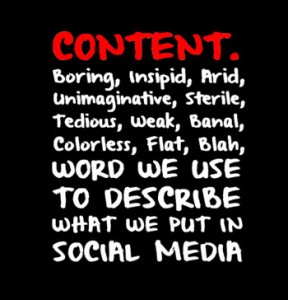
Why did Mike DeLuca leave an incredibly successful producing career to return to the executive suite at Sony? After leaving the reigns of New Line, he produced Moneyball, The Social Network, and Captain Phillips among others. It’s hard to match his track record. Yet he too has given up producing. Why?
One can only assume the autonomy of producing is more pleasurable than the pressures of running a studio. One can also assume the confines of Sony are a hell of a lot more secure. Rarely does one gets paid their value for producing a film, and if it is a project you love and is even a wee bit challenging you are going to watch that diminished fee take another cut or five. If you want financial security or wealth, don’t be a producer.
But there’s always the back end, right?


 Shane Carruth – Shane probably should make this list just for making another one of his movies.
Shane Carruth – Shane probably should make this list just for making another one of his movies.  Who was the person who decided that the plain vanilla word “content” was going to stand for all the stuff that gets put up on social media?
Who was the person who decided that the plain vanilla word “content” was going to stand for all the stuff that gets put up on social media?


